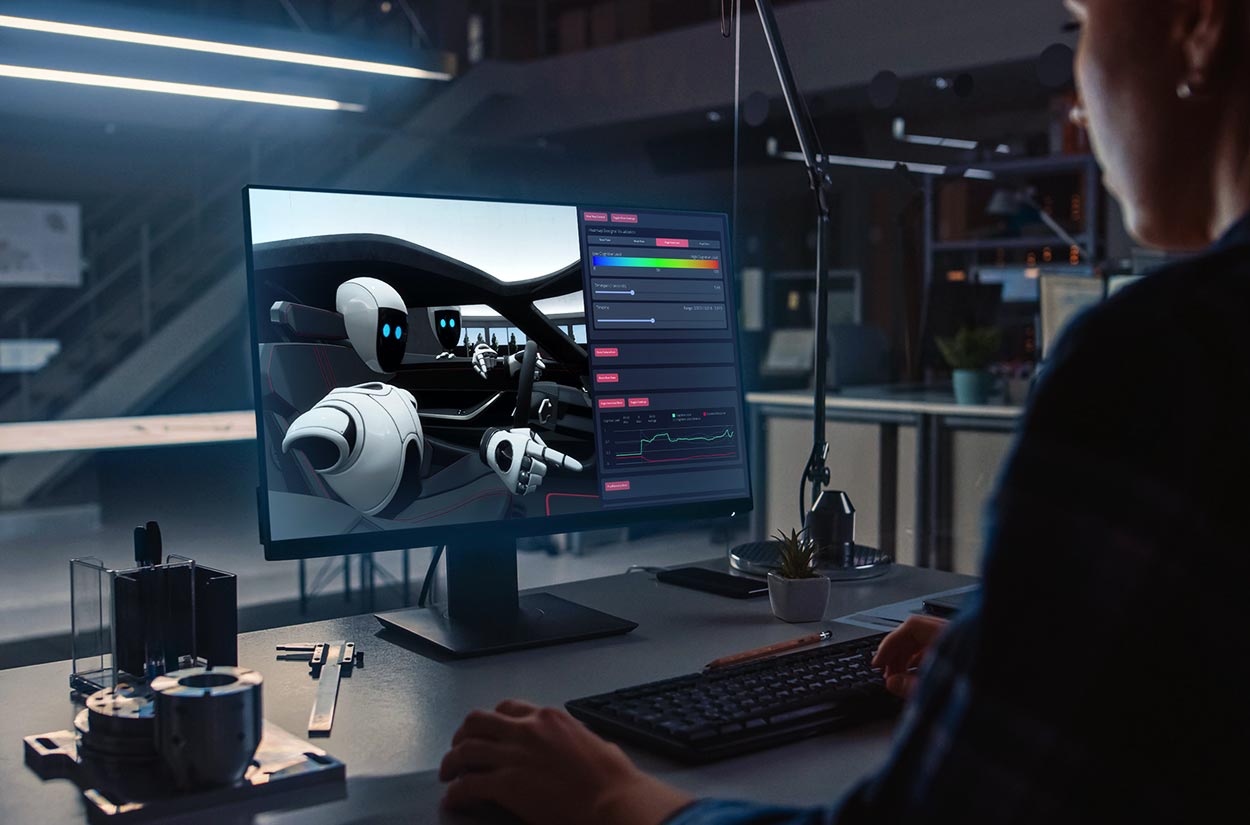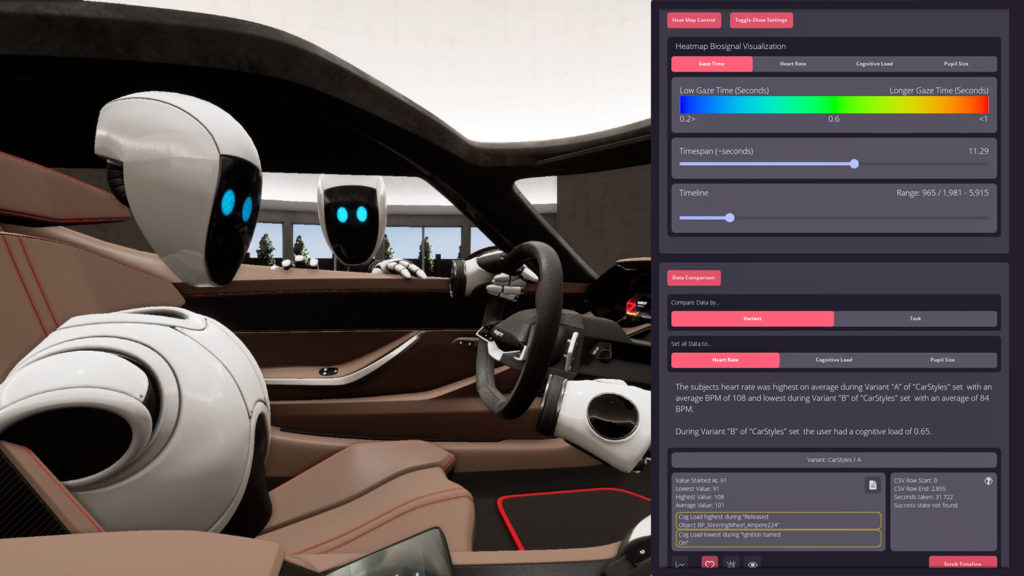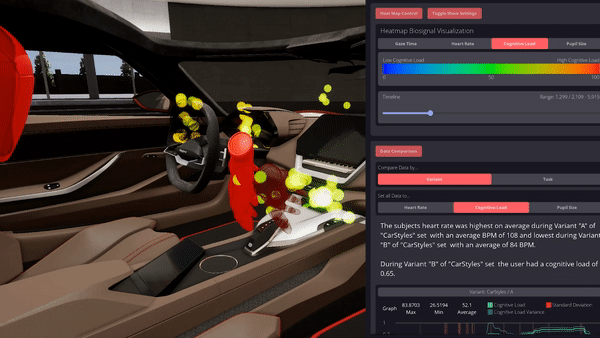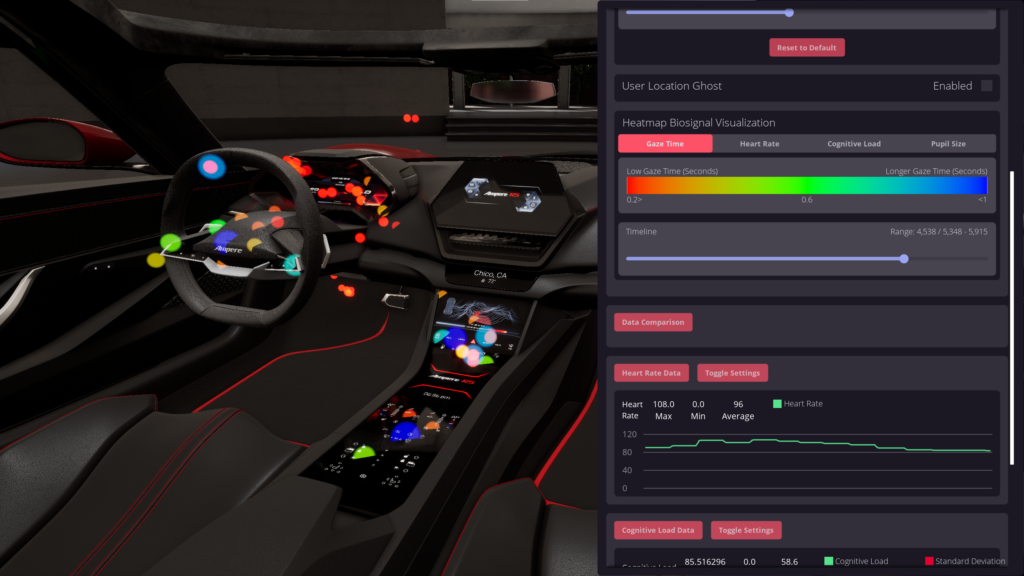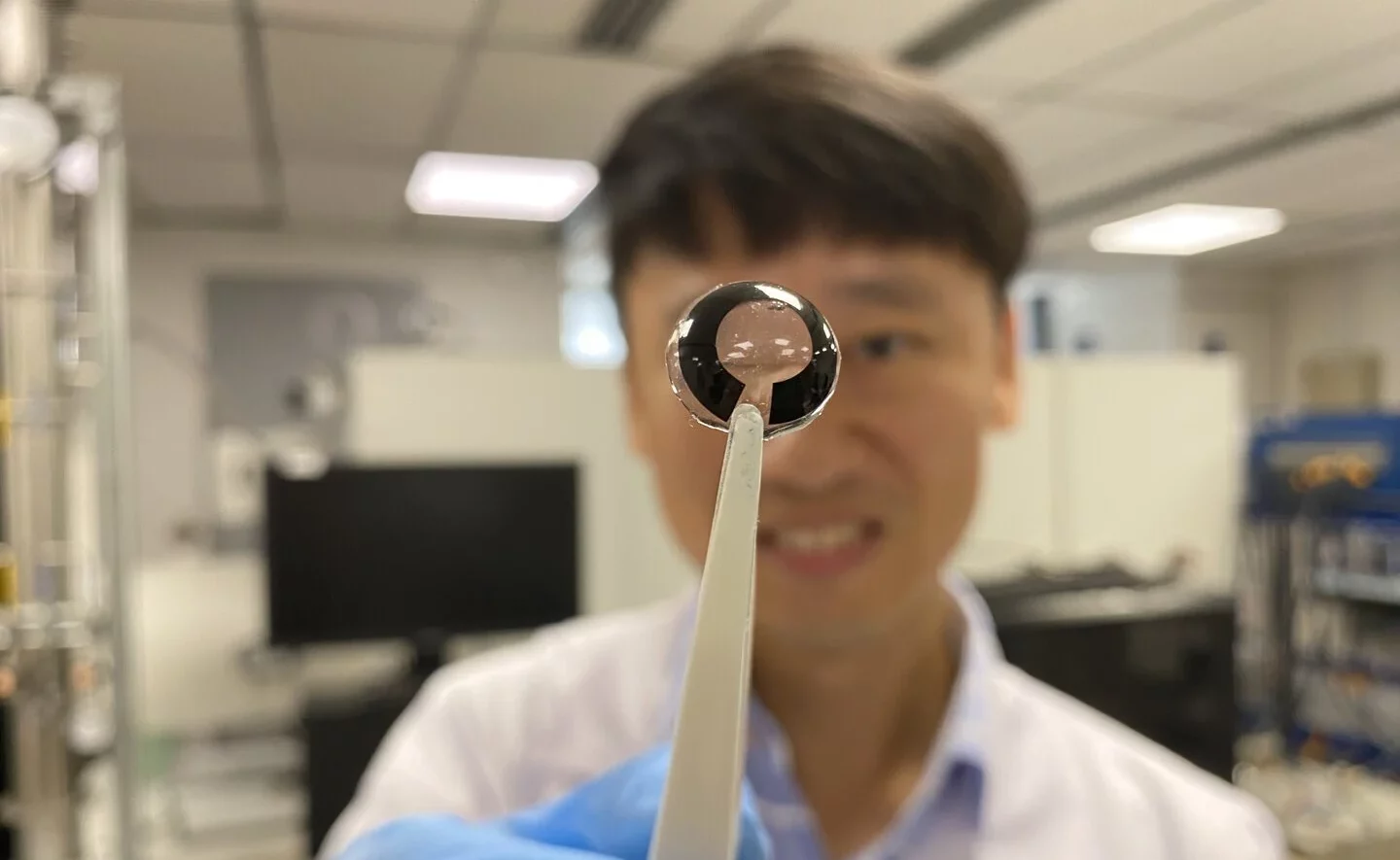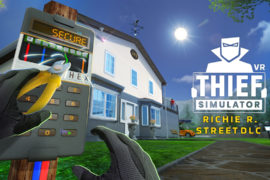Theia Interactive’s new VR tool takes the guesswork out of designing products and campaigns.
Beyond the obvious use-cases of gaming, socialVR, workforce training, and education, VR can also be used to collect deep marketing data in new and exicting ways. For example, Kellogg’s turned to VR and eye-tracking to put themselves in the shoes of consumers in an effort to develop new ways to better market their Pop-Tart Bites.
This offered valuable insights into how customers gaze at store shelves. As a result, the company reapproached its in-store product placement, boosting brand sales by 18% in the process.
This is where Theia Interactive comes in. The visualization firm and software developer is launching a brand new set of tools called Claria, which incorporates eye-tracking technology and biometric sensors to determine how you’re feeling by recording your physical reactions while in VR. It’s so efficient, in fact, that the system knows what you’re feeling before you do.
Claria accomplished this by tracking six key physical responses: heart rate, heart rate variability, cognitive load, eye vector, pupillometry, and rapid movement of the eye between fixation points, otherwise referred to as saccades. These biometric responses and subsequent data can be incredibly valuable for designers, marketers, researchers, and creators by giving them the ability to understand exactly how you feel about a given product or experience.
This could have a huge impact in multiple industries, from design and product marketing to healthcare. Imagine being a car designer and using Claria to see if the layout of the dashboard is more intuitive for the driver, or different brands using eye-tracking data to capture honest reactions to their products based on the way you interact with them in VR. These same tools could also prove useful within the gaming sector. Game developers could use Claria to determine if you’re having fun or feeling frustrated. Healthcare professionals, first responders, and the military could also use this tool to identify stress triggers.
In an official press release, Bill Fishkin, co-founder and CEO of Theia Interactive, said, “Claria takes the guesswork out of designing products and campaigns,” adding, “We can put someone in VR and know exactly what about the experience we build attracts them, excites them, even overwhelms them, to arrive at better designs through more informed decisions.”
Claira works specifically with the biosensors within HP’s Reverb G2 Omnicept Edition VR headset. That’s because while other headsets can only track one or two of the metrics needed to read your physical reactions, the Reverb G2 Omnicept Edition is stacked with state-of-the-art sensor systems capable of capturing all of the measurements needed for Claria to work effectively with real-time insights.
Once captured and recorded by Claria, all of the biometric data can be easily played back, fast-forwarded, and stopped so you can take a more detailed look. You can also turn what you’ve captured into visualized data such as heat maps or interactive graphs.
The VR tool is designed to work within Unreal Engine and has multi-user capabilities intended for collaboration. Claria enables you to jump in and work alongside a team of creators regardless of your physical location. Claria also allows you to voice chat and access built-in VR tools to make changes in real-time based on the reactions observed.
“Knowing a person’s true, unfiltered reaction means that anyone designing products or trying to attract people has a significant advantage over those relying on traditional methods,” added Jay Fraser, senior manager, XR GTM & developer relations at HP. “The HP Reverb G2 Omnicept Solution has the tools to collect and interpret that data, and Claria makes it easy for anyone to easily leverage the power of this cutting-edge technology.”
Claria is currently available through an early access program, with perpetual licenses available in packs of three, five, and ten. Full access to Claria is expected by the end of 2021.
For more information on Claria, head on over to the Theia Interactive website.
Feature Image Credit: Theia Interactive
The post This VR Tool Knows What You’re Thinking Before You Do appeared first on VRScout.
